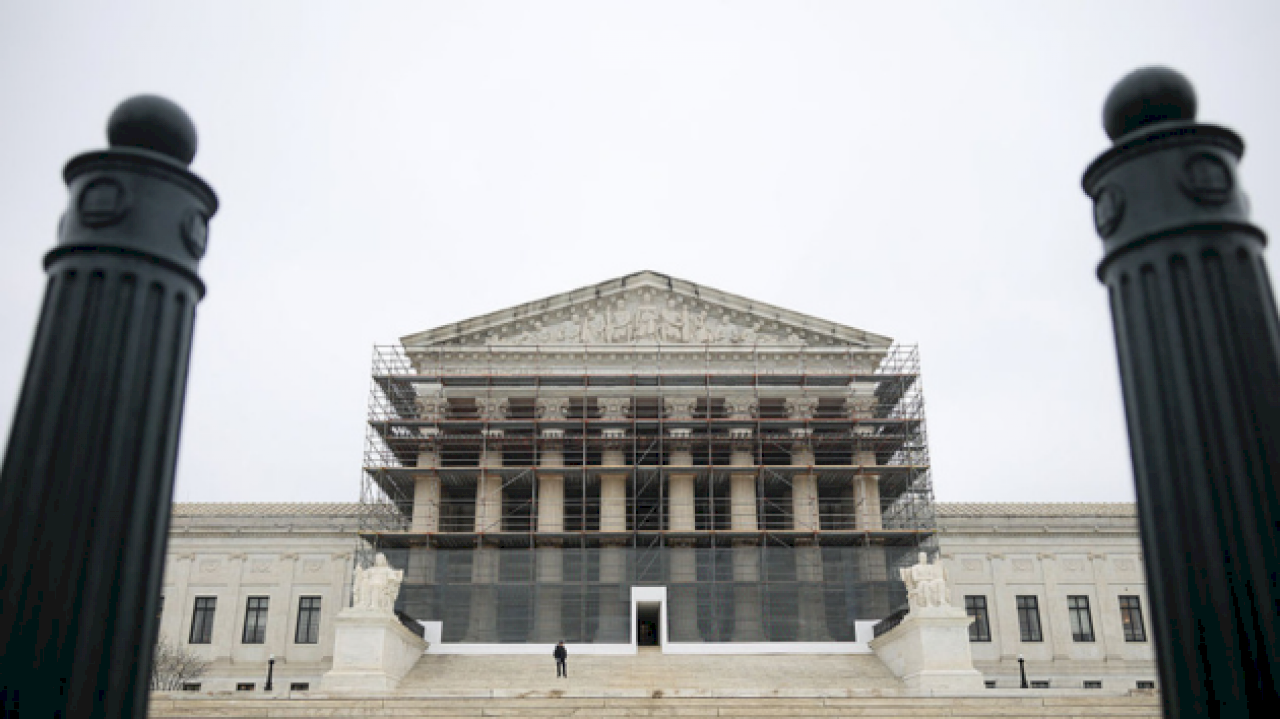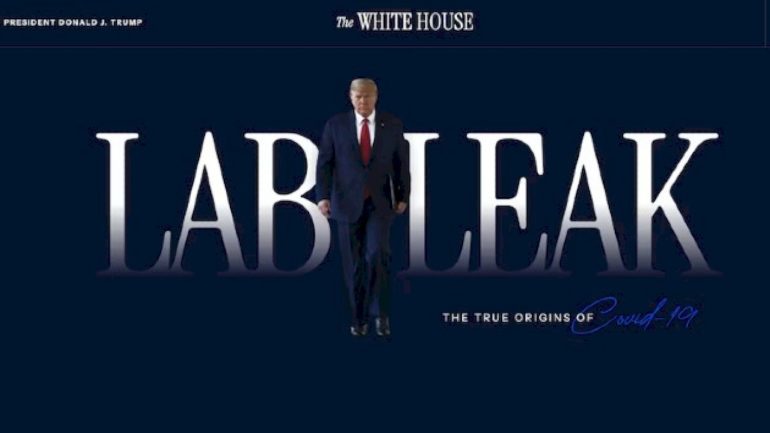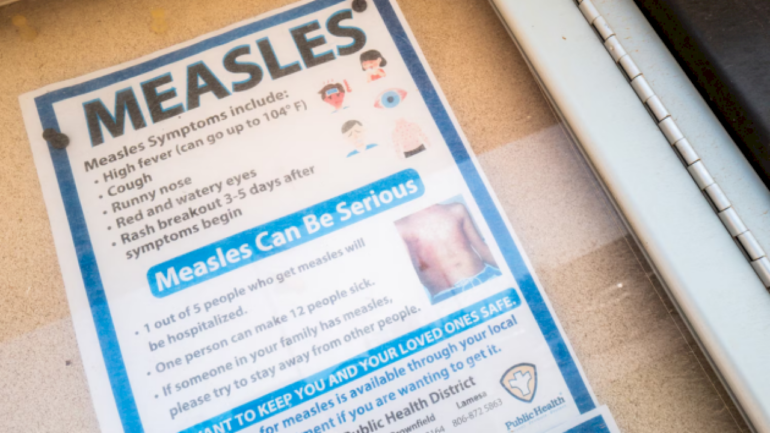Listeners:
Top listeners:
-
 play_arrow
play_arrow
94.3 Rev-FM The Rock of Texas | Where Texas Rocks
-
 play_arrow
play_arrow
99.1 The Buck Texas Country's Number 1 Country
-
 play_arrow
play_arrow
103.7 MikeFM Your Texas Hill Country Mix Tape
-
 play_arrow
play_arrow
KERV 1230 AM
-
 play_arrow
play_arrow
JAM Sports 1 JAM Broadcasting Sports 1
-
 play_arrow
play_arrow
JAM Sports 2 JAM Broadcasting Sports 2
Supreme Court hears challenge to Obamacare no-cost preventive health benefits

(WASHINGTON) — Preventive care health benefits provided at no cost to tens of millions of Americans since 2010 under a popular provision of the Affordable Care Act are in the balance Monday at the U.S. Supreme Court as the justices consider whether the government task force behind the mandate to insurers is unconstitutional.
Among the services the U.S. Preventive Services Task Force designates for no-cost coverage under the federal health law are statins to lower cholesterol; colonoscopies for 45- to 49-year-olds; preexposure prophylaxis (PrEP) medicine to reduce the spread of HIV; medications to lower the risk of breast cancer for women; and lung cancer screenings for smokers.
The case was brought by a group of employers and individuals who oppose some of the task force’s recommendations for covered services on religious groups, specifically the PrEP medication to prevent HIV. They allege the group’s structure violates the Constitution and lower federal courts agreed.
If the justices uphold the decisions, the task force and its recommendations since 2010 could be invalidated — and along with them the guarantee of no-cost preventive services coverage many people enjoy.
“The case is not the kind of existential threat that we have seen in previous Supreme Court cases involving the ACA, but it’s certainly something that could affect a lot of people,” said Larry Levitt, executive vice president at KFF, a nonpartisan health policy group.
At the heart of the dispute is whether the structure of the 16-member task force is illegal under the Constitution’s Appointments Clause. The provision requires “principle officers” of the U.S. government, such as Cabinet secretaries and ambassadors, to be confirmed by the Senate. It stipulates that “inferior officers” who are appointed by Senate-confirmed officials are permissible, provided they are supervised and reviewed.
The plaintiffs allege that members of the task force, who are appointed and supervised by the Health and Human Services secretary, are not properly appointed and have too much power. While they can be removed at will, their recommendations for covered health services cannot be reviewed or overridden by anyone.
“Americans have the constitutionally protected freedom to live and work according to their religious beliefs, and governments exist to defend that freedom,” said Daniel Grabowski, an attorney with Alliance Defending Freedom, a conservative legal advocacy group supporting the plaintiffs. “We urge the Supreme Court to restore this accountability within the federal government and to the American people.”
The Fifth Circuit U.S. Court of Appeals ruled the task force unconstitutional and that its recommendations since 2010 be invalidated.
The Trump administration is defending the constitutionality of the task force and the health secretary’s power to oversee the body’s recommendations.
More than 150 million Americans rely on early screenings and interventions for chronic conditions under no-cost preventive services, according to American medical organizations. Public health groups say a decision striking down the task force could deeply affect the long-term health of Americans and disease prevention efforts. Insurers worry that it could inject instability into the insurance market, while hospital groups fear they may have to shoulder more of the burden from people who are sicker.
“The ACA’s preventive services requirement has been a game-changer, providing access to evidence-based preventive care and early detection of serious medical conditions,” said Wayne Turner, a senior attorney at the National Health Law Program, a nonprofit group that advocates for low-income communities. “The ACA’s coverage and cost-sharing protections are especially important for low-income persons, who will be harmed most if the Supreme Court refuses to allow the ACA provision to stand.”
Oral arguments in the case — Kennedy v. Braidwood Management — will be heard at the Supreme Court on Monday. A decision in the case is expected by the end of June.
Copyright © 2025, ABC Audio. All rights reserved.
Written by: ABC News
Similar posts
-
Top popular

Ingram man charged with murder after fatal shooting

Kerr Crime Stoppers offering reward up to $5,000 for information in last week’s non-viable school threat

KISD asks parents to communicate with children about words and actions after ‘copy cat’ threat note found at middle school

City of Kerrville Parks and Recreation reminds citizens that a Red Flag Warning is in effect until further notice

City of Kerrville says that May 7 General and Special Elections will proceed



